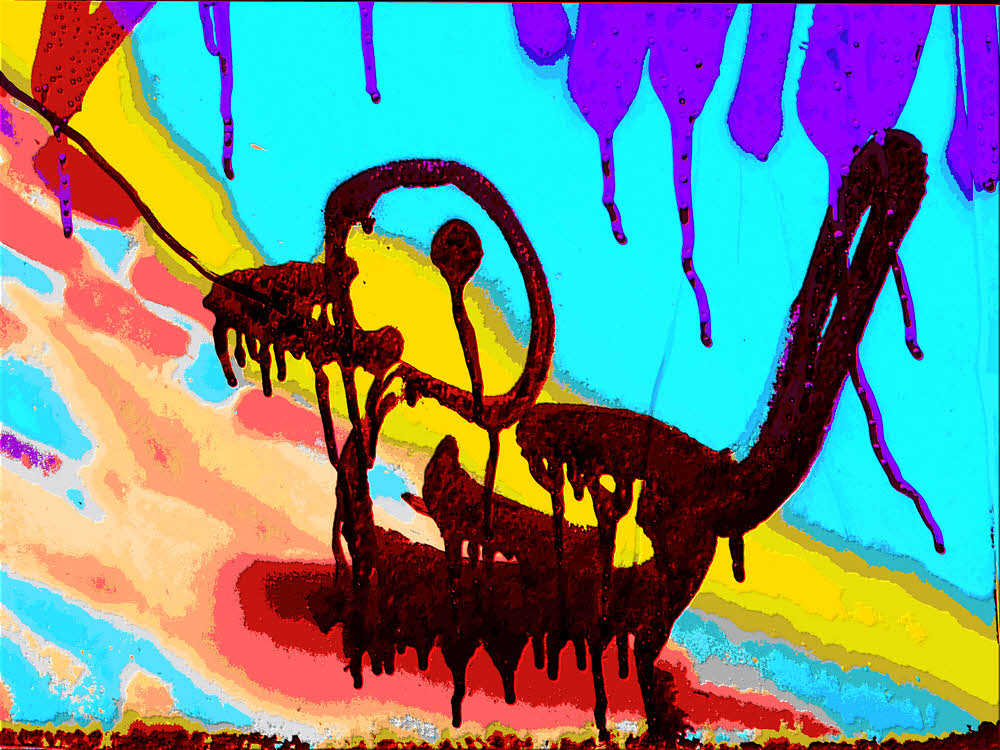
(1) This is another meat-in-a-box type of bureaucratic definition which stands in for one cow, one horse, five sheep, five goats, or four reindeer, provided they are all more than six months old. Six months in cow years means you're old enough to go into a bar and drink brew and moo without your parents. But if you're a reindeer you have to go in groups of four, I guess.
Who comes up with this crap?
(2) Or an animal unit could be your hiking partner, if you haven't yet gotten past the point of tolerance for his annoying habits and dismembered him. If you have already done this (the dismembering thing), then let's say just for fun and a more complete feeling of accomplishment that each piece counts as a separate unit, no matter how old they are, or what they smell like now, which couldn't be worse than how your hiking partner smelled before you converted him into kit form, right? It happens.
Footnote: In the interests of political correctness, equality, basic fairness, gender interchangeability, and all the rest, let's say that as used above, the terms "him", "they", "cow", "horse", "sheep", "goat(s)", "reindeer", "parents", and "bureaucrat" may be taken to refer to arbitrary units consisting of female, male, indeterminate, multiple, shifting, and who-the-screaming-fork-cares gender identifications, made either self-referentially by that specific meat-unit or applied to them, hem, hir, he, zhe, zer, she, (s)he, "s/he", hse, that, they, those, them, etc. by others. Are we OK with that? (If not, then you can always bark at the dark on nights with no moon.)
Examples from way back...
I love hir so tenderly that hir spottes, her blemishes and hir warts are deare unto me. -- "The Story of Paris", by Thomas Okey (Possibly a farm animal aficionado, but who can say? And is that a bad thing? What?)
She loked in the glasse, and was greatly displeased with hir self. -- Shakespeare (Citation uncertain, and did hse have reason to be "displeased with hir self" or was it some unfortunate artifact of the repressive culture zhe lived in? Etc.)
And I ioon (John) saigh the hooli citee ierusalim newe comynge doun fro heuene maad redi of god as a wyf ourned to hir husbonde. -- "The White Rose of Langley", by Emily Sarah Holt (Who was possibly and/or probably a womon.)
For more, see "Animal Unit Month", if you can stand more, whenever it was, will, or should have been posted.